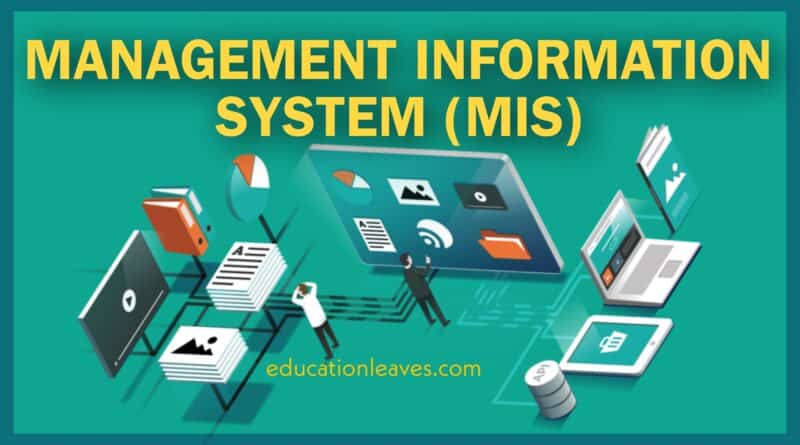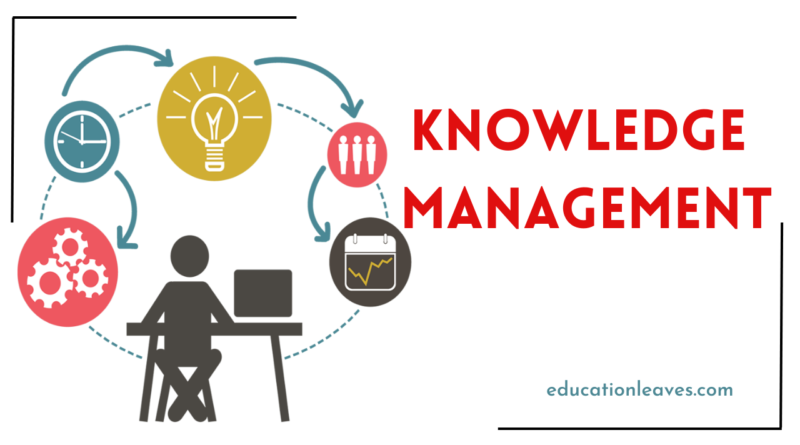What is Management style? | 4 Basic Management styles and their Advantages and Disadvantages, pdf
Management style is a specific way manager go about executing their goals. Management style regards the way that a manager plans, handles, make decisions, designate, and manages their staff.
Read More







![Accounts Payable Management: [PDF] Definition, Example, Objectives Process, Benefits, & Negatives](https://educationleaves.com/wp-content/uploads/2023/03/Picsart_23-03-04_23-24-20-351-800x445.jpg)

